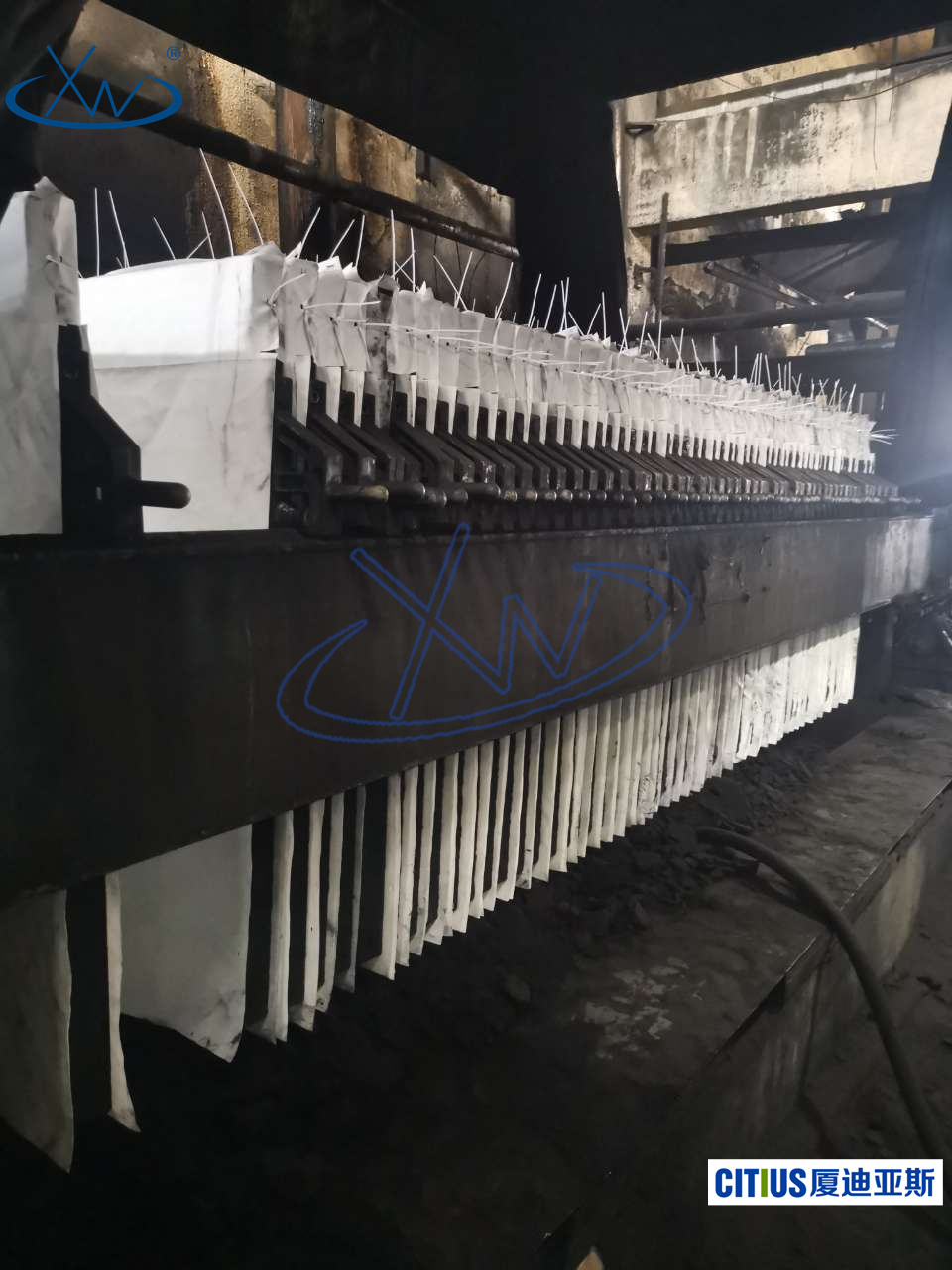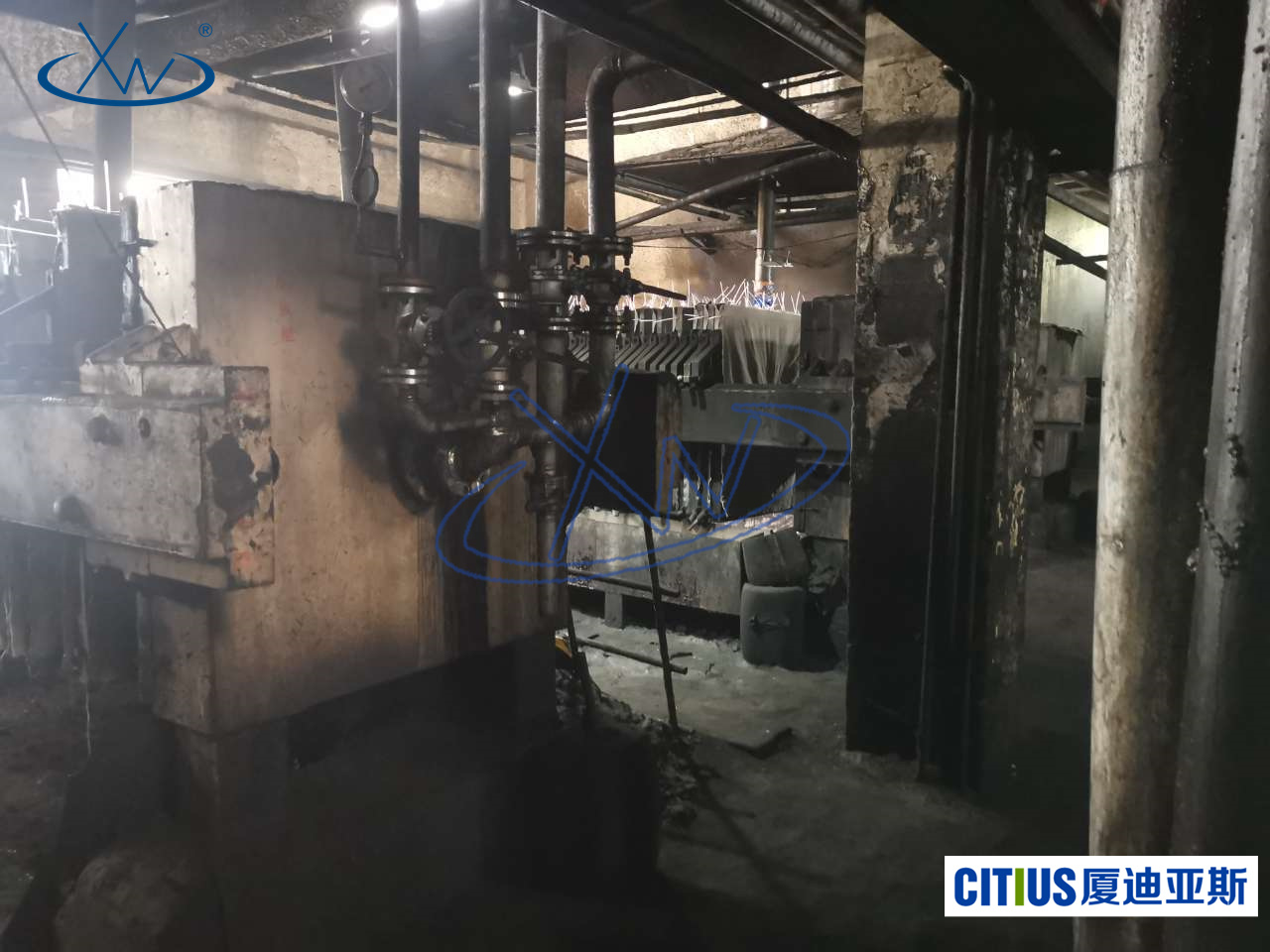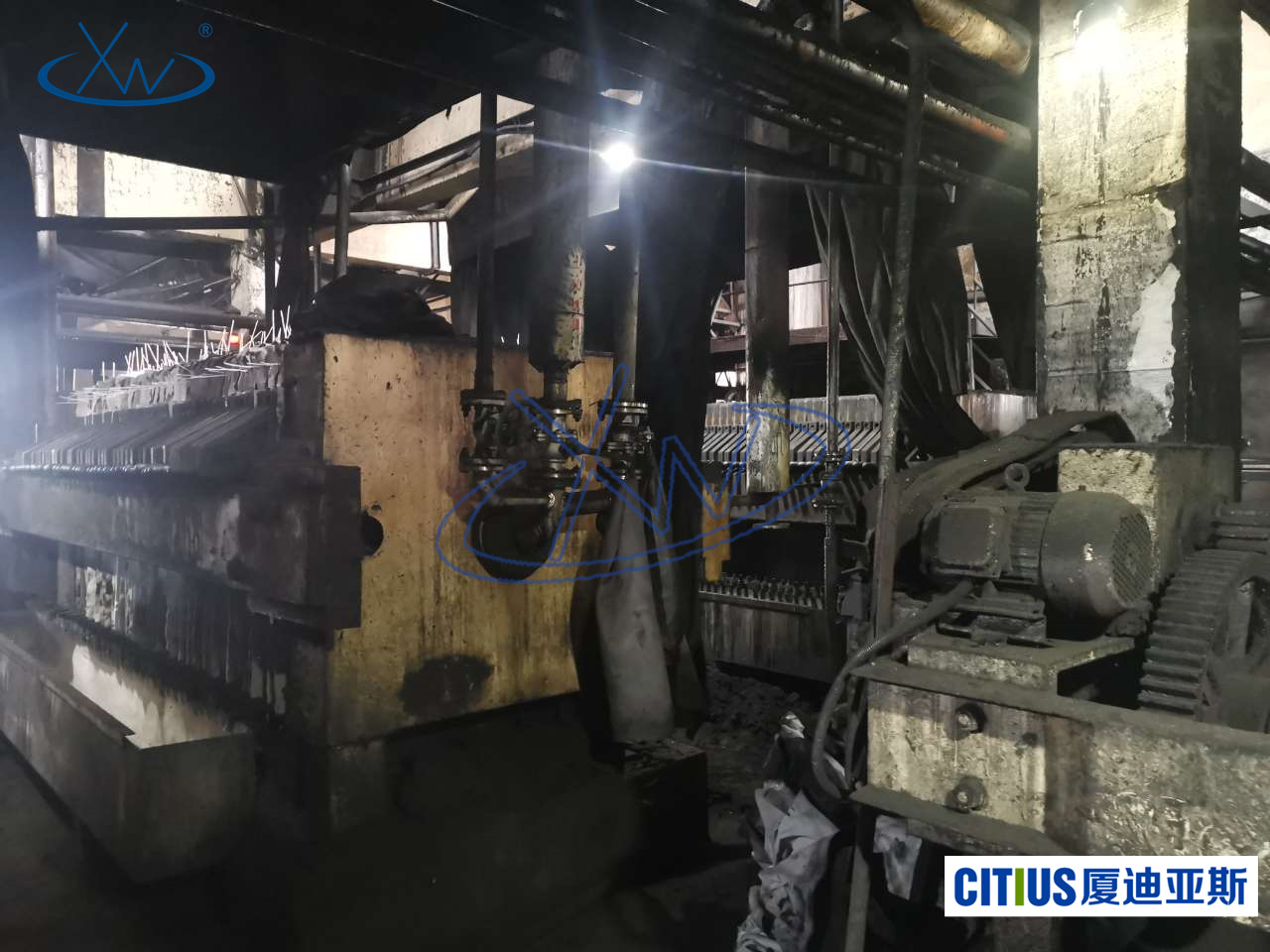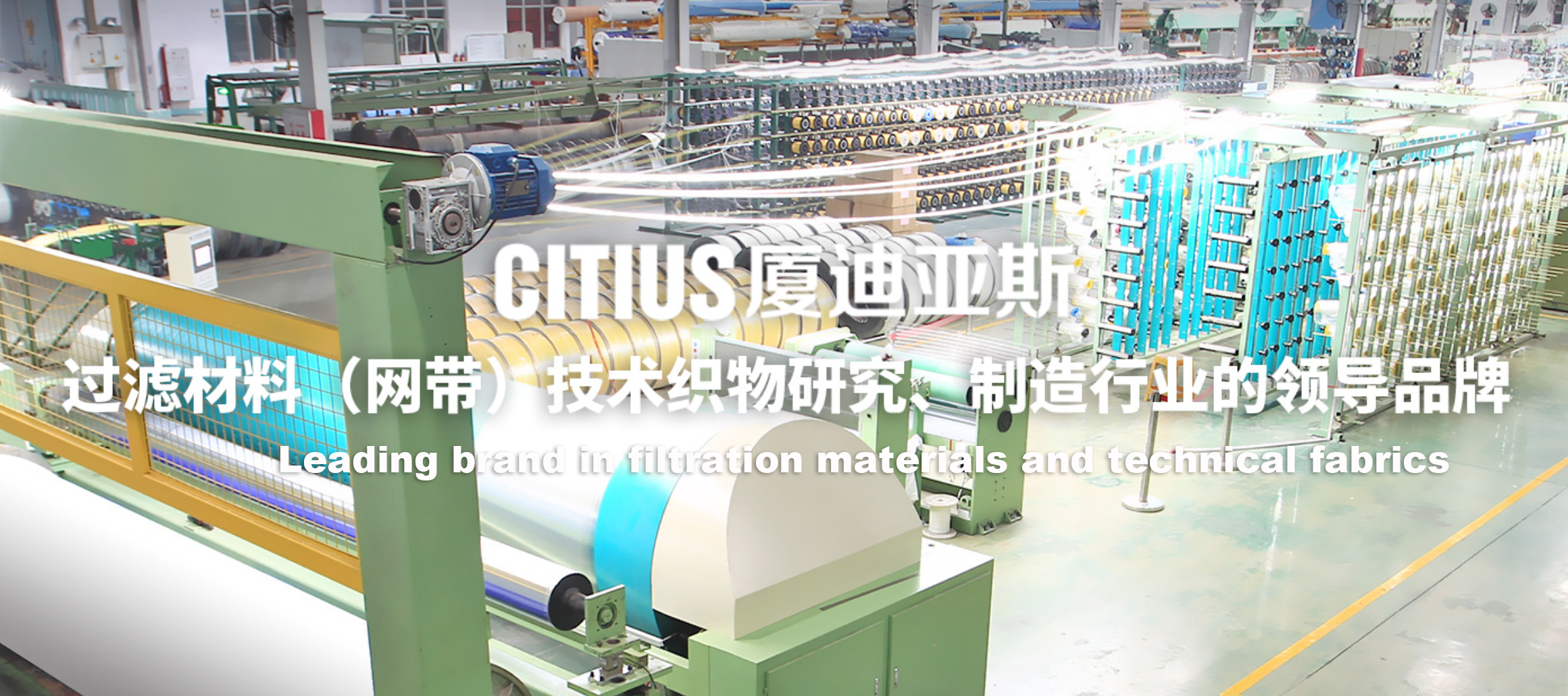


Filter cloth for filter press, plate and frame filter press, and xylose industry calcium carbonate filtration
Share to
Detailed Description
- Filter cloth for filter press, plate and frame filter press, calcium carbonate filtration in xylitol industry
Filter press type: Plate and frame filter press
Application industry: Xylitol
Material description: Calcium carbonate



Key application of filter press cloth in calcium carbonate filtration in the xylitol industry
Xylitol, a functional sugar alcohol, is widely used in various fields such as food, medicine, and oral care. Its production process involves multiple complex solid-liquid separation steps. The effective removal of calcium carbonate is a crucial step affecting product purity and quality. In this key step, the synergistic effect of the plate and frame filter press and the specialized filter cloth becomes the core equipment for achieving efficient filtration.
Calcium carbonate issues in xylitol production
Xylitol is usually produced from raw materials rich in hemicellulose, such as corncobs, bagasse, or wood, through hydrolysis to obtain xylose, which is then catalytically hydrogenated to produce xylitol. In the raw material pretreatment and neutralization processes, calcium carbonate neutralizers are often added to remove free acids. This process forms a large amount of suspension containing calcium carbonate impurities. If it cannot be filtered thoroughly and promptly, the subsequent decolorization, refining, and crystallization processes will be seriously affected.
Therefore, the efficient separation of calcium carbonate is not only a prerequisite for xylitol purification but also directly determines the product yield and economic benefits.
Plate and frame filter press: Structural advantages suitable for high-solids-content suspensions
Plate and frame filter presses, due to their strong pressing force, compact structure, and simple operation, are widely used in the food and bio-chemical industries. By tightening the filter plates, the filter cloth is clamped between the plates, and under pressure, the slurry is filtered through the filter cloth to achieve solid-liquid separation. Compared with other types of filtration equipment, plate and frame filter presses exhibit higher filter cake dryness and better filtrate clarity when processing difficult-to-filter materials such as calcium carbonate.
Especially in the case of high solids content and fine particle distribution in the slurry after xylitol neutralization, the pressing force and uniform filtration path provided by the plate and frame structure make it an ideal choice for this operating condition.
Filter cloth selection: Performance determines separation effect
The filtration performance of a filter press largely depends on the filter cloth used. In the xylitol industry, calcium carbonate particles are small, easily clog the cloth, and the filtrate has high requirements for product purity. Therefore, the filter cloth must have the following characteristics:
- Precise filtration accuracy The pore size of the filter cloth must be strictly controlled within an appropriate range, both intercepting fine calcium carbonate particles and ensuring smooth filtrate flow.
- Good anti-clogging performance Using smooth fiber materials or monofilament woven structures helps reduce particle embedding in the pores.
- Chemical resistance and stability In the neutralization solution pH Under conditions of fluctuating temperature and high temperature, the filter cloth must have good chemical stability and temperature resistance.
- Easy to peel and clean The filter cloth surface should have good desorption properties for the filter cake, reducing manual intervention and improving work efficiency.
Currently, high-quality polypropylene monofilament filter cloths or polyester high-strength filter cloths are widely used in this application. Some manufacturers also customize the fabric structure and surface treatment methods according to the specific characteristics of calcium carbonate particles.
Technical paths for filter cloth performance optimization
Modern xylitol factories have higher requirements for filtration efficiency, filter cake moisture content, and filter cloth lifespan. To meet this trend, filter cloth manufacturers are constantly carrying out technical optimizations:
- Multi-layer composite structure By combining filter layers of different precision and materials, gradient filtration is achieved, and service life is increased.
- Surface modification treatment Processes such as brushing, hot pressing, and coating enhance the anti-clogging and cake-releasing properties of the filter cloth.
- High-strength, low-elongation fibers Using high-polymer oriented stretched fibers improves the mechanical strength and dimensional stability of the filter cloth, adapting to high-pressure filtration environments.
Application results and future trends
In numerous xylitol production cases, the process using high-quality filter cloth with plate and frame filter presses has been proven to have the following advantages:
- Low filter cake moisture content, facilitating subsequent drying;
- Clear filtrate, with minimal impurity residue;
- Stable equipment operation, long filter cloth replacement cycle;
- Reduced manual intervention, improved continuous operation level.
In the future, with the expansion of xylitol production capacity and the improvement of product standards, the automation, modularization, and refinement of filter presses and filter cloths will become development priorities. At the same time, energy-efficient and environmentally friendly filter materials will gradually replace traditional filter cloths, promoting green production in the xylitol industry.
📞 For technical support or sample testing services, please contact Xiamen Citius (Xiamen Citius) :
- Email: wyl@citius-filter.com
- WhatsApp: +86-13950107241
- Official website : www.citius-filter.com
